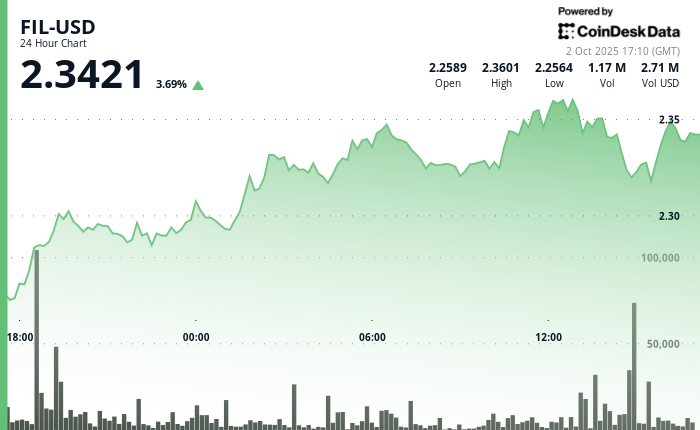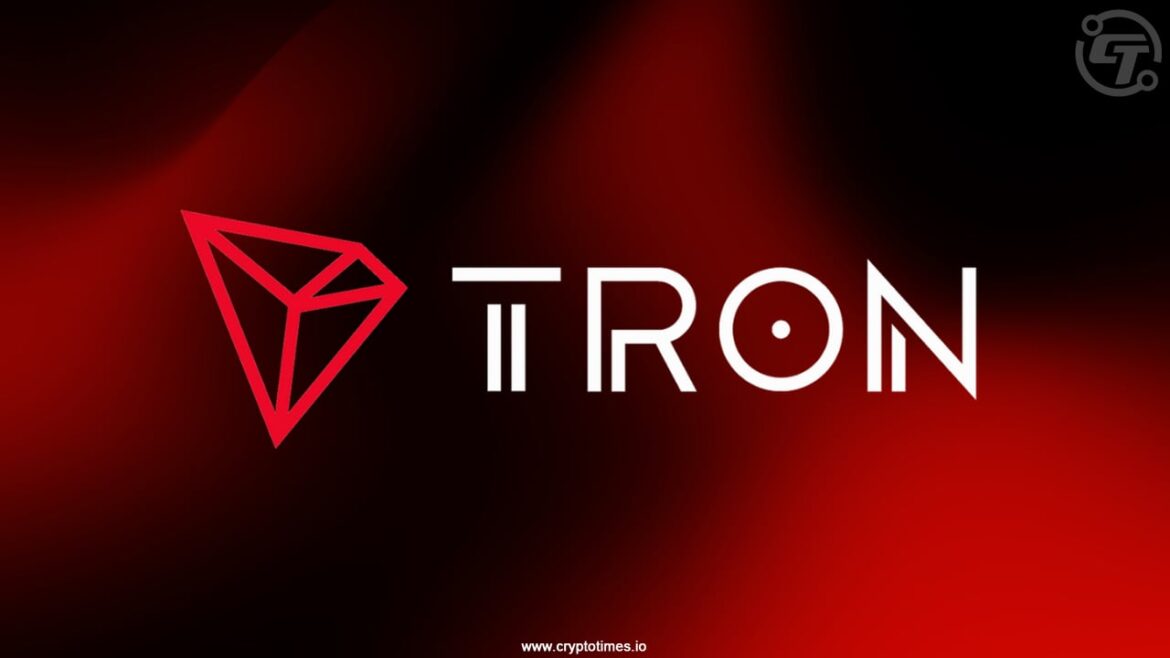Trusted Editorial content, reviewed by leading industry experts and seasoned editors. Ad Disclosure
Based on reports, Nomura Holdings is preparing to strengthen its footprint in Japan’s crypto market as trading activity picks up across the country.
The move comes through Laser Digital Holdings, a Nomura unit based in Switzerland that is now in pre-consultation with Japan’s Financial Services Agency to seek a license to offer trading services to institutional clients.
The talks signal a push to bring more traditional finance players into the market.
Nomura Deepens Its Bet
Laser’s CEO, Jez Mohideen, told Bloomberg the application reflects the group’s confidence in Japan’s digital asset scene. Laser was launched in 2022 and already won a full crypto business license in Dubai in 2023.
Nomura Holdings plans to expand in Japan’s digital-asset market through a subsidiary, as crypto trading in the country heats up https://t.co/vV6z8i9JTZ
— Bloomberg (@business) October 3, 2025
A Japanese subsidiary was set up that same year. If regulators approve the new application, Laser plans to act as a broker-dealer for banks, pension managers and crypto firms, and to support exchanges that operate in Japan.
A History Of Ambition And Mixed Results
Nomura created Laser to cover asset management, venture investments and trading services for digital assets. The unit has not been a steady profit engine.
Nomura disclosed a quarterly loss in Europe earlier this year that was partly tied to Laser’s activities. CFO Hiroyuki Moriuchi described the unit’s results as “not very good.”
Mohideen had predicted Laser would break even within two years of launch, but he later warned that turning a profit might take longer than originally expected.
BTCUSD now trading at $120,392. Chart: TradingView
Trading Volumes Double
According to the Japan Virtual and Crypto Assets Exchange Association, the value of crypto transactions in Japan rose to ¥33.7 trillion — about $230 billion — in the first seven months of the year, roughly double the previous pace.
On-chain value received jumped 120% in the 12 months to June 2025, outpacing markets such as South Korea, India and Vietnam.
Reports have disclosed that policy steps, including possible tax cuts and new rules for crypto funds, are helping attract both younger retail investors and larger institutional players.
Mainstream Firms Move Toward Crypto Collateral
Daiwa Securities recently allowed clients at its 181 retail branches to use Bitcoin and Ether as collateral for yen loans. That sort of move shows how some big financial firms are incorporating crypto into everyday financial services.
A yen-backed stablecoin issuer has also gained a license, adding more tools for traders and fund managers to use.
Profit Questions Remain
Even as trading and on-chain measures climb, the business case for some newcomers is still unproven. Laser’s early losses and delayed profit expectations highlight that risk.
Nomura’s expansion into Japan is a clear long-term play, but short-term returns are uncertain and will depend on how quickly institutional flows keep growing and how regulators set the rules.
Featured image from Unsplash, chart from TradingView
Editorial Process for bitcoinist is centered on delivering thoroughly researched, accurate, and unbiased content. We uphold strict sourcing standards, and each page undergoes diligent review by our team of top technology experts and seasoned editors. This process ensures the integrity, relevance, and value of our content for our readers.






